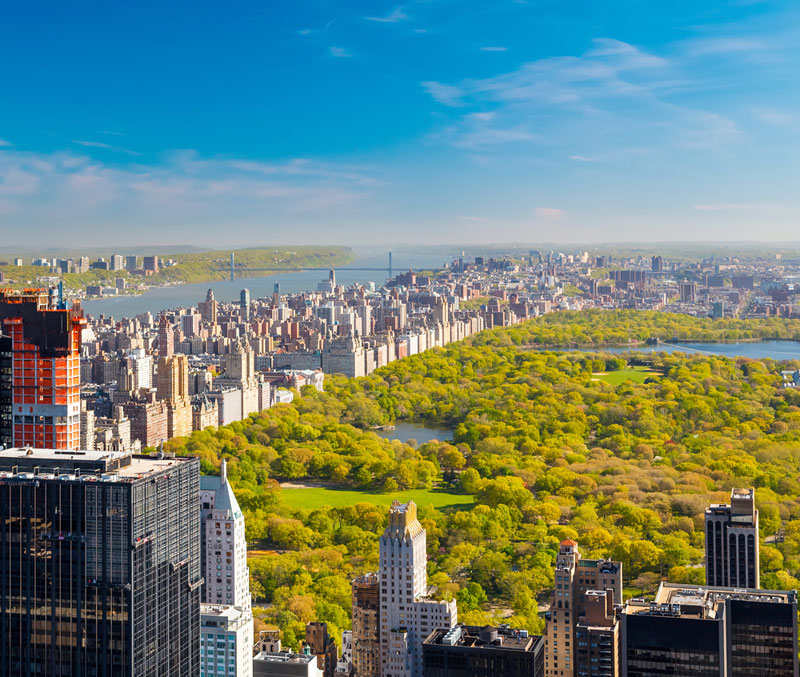Which US City's Parks Are the Best?


Of the 50 largest cities in the United States, the city with the best parks system is … drum roll please … Minneapolis!
That rating comes from the nonprofit conservation group Trust for Public Land, which rated the parks on a number of factors, including park size, accessibility and public investment, reports The New York Times. These factors come together into a rating of one to five park benches. Minneapolis scored five benches. Coming in second was New York City with 4.5 benches, while San Francisco, Sacramento and Boston tied for third with four benches each. At the bottom of the list were Indianapolis, Charlotte, N.C., Louisville, Ky., and Fresno, Calif., each with only one bench.
Minneapolis was the first city to earn the perfect five benches, replacing last year's winner, San Francisco. The new champion wasn't included in last year's scores, which looked only at the 40 largest cities. New York City moved up in ranking in part because of its high accessibility, with 96 percent of the city's population living within a 10-minute walk of a park. But it's low median park size (Central Park notwithstanding), kept it from a higher ranking. See the rankings of all 50 parks on the ParkScore website.
Follow Andrea Thompson @AndreaTOAP, Pinterest and Google+. Follow us @livescience, Facebook & Google+.
Get the world’s most fascinating discoveries delivered straight to your inbox.

Andrea Thompson is an associate editor at Scientific American, where she covers sustainability, energy and the environment. Prior to that, she was a senior writer covering climate science at Climate Central and a reporter and editor at Live Science, where she primarily covered Earth science and the environment. She holds a graduate degree in science health and environmental reporting from New York University, as well as a bachelor of science and and masters of science in atmospheric chemistry from the Georgia Institute of Technology.


